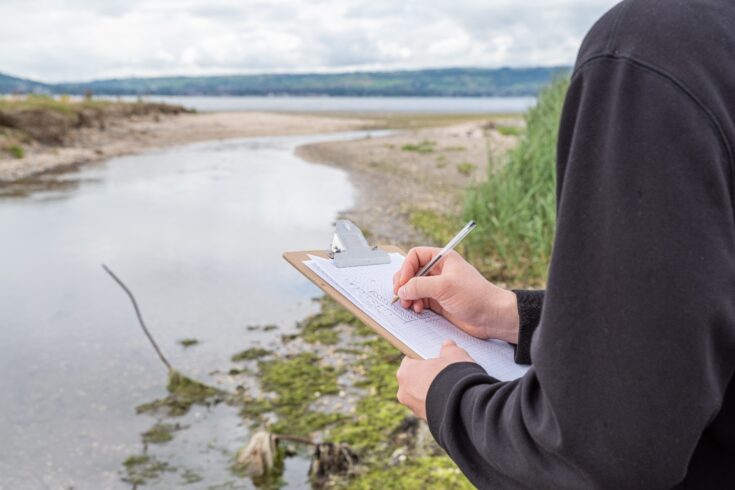Sea level rise, coral reef dynamics, predicting climate and ecotoxicity are among the areas of research that the Natural Environment Research Council (NERC) Independent Research Fellowships will advance.
The fellowships, funded by NERC, support upcoming researchers who will be the next generation of leaders in environmental science.
Supporting early career researchers
Funding awards of five years will help to foster the fellows’ research, develop their leadership skills and establish their international reputations.
Professor Louise Heathwaite, Executive Chair of NERC, said:
I’d like to offer my congratulations to each early career researcher who has been recognised today. It’s a huge achievement.
Climate change degrades the environment and natural resources we depend upon for our health and prosperity.
The next generation of leading scientists will be critical in advancing the understanding of our changing climate, finding the solutions we need for a healthy, sustainable planet.
Advancing environmental science
The annual fellowships also aim to support early career researchers from diverse backgrounds and personal circumstances.
The researchers
Congratulations to the researchers who have received a fellowship.
James Keane from the University of York
Investigating biological uptake of nitrous oxide in soils
Stephen Hicks from the University College London
What controls coupling and seismogenic potential along faults?
Swaroop Chakraborty, from the University of Birmingham
Unravelling structural and biogeochemical transformation of nano-metal organic framework: impact on ecotoxicity and environmental applications
Lewis Jones from the University College London
Elucidating diversity dynamics in marine tropical hotspots (EDITH)
Chancey MacDonald from Newcastle University
Coral reef dynamics across longitude, latitude and depth
Evelyn Keaveney from Queen’s University Belfast
Soil to sea: the fate of terrestrial permafrost carbon in aquatic systems
Milan Klöwer from the University of Oxford
Climate predictions of feels-like temperatures with online machine learning
Anna-Lena Deppenmeier from the Imperial College London
Taming the big cat: reigning in processes behind tropical Pacific variability with the PUMACAT field campaign
Elsa Panciroli from the National Museums Scotland
The birth of mammals: uncovering the origins of viviparity
Beatriz Recinos from The University of Edinburgh
Future sea-level rise and freshwater export from Antarctic peripheral glaciers and ice caps in a warming climate
Charlotte Spencer-Jones from Durham University
Rapidly changing drylands and consequences for the microbial carbon cycle

